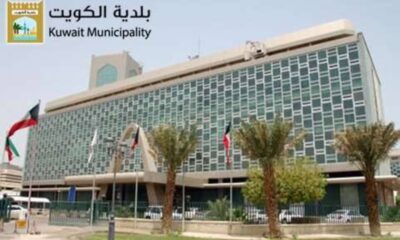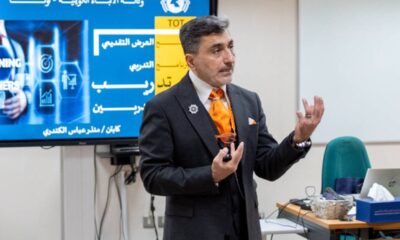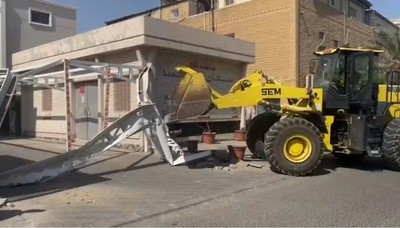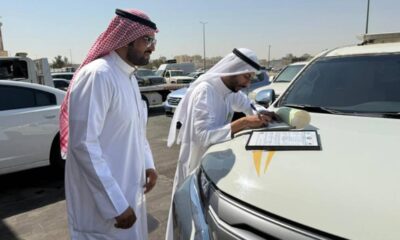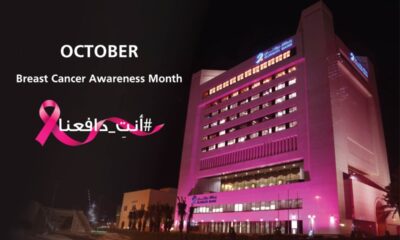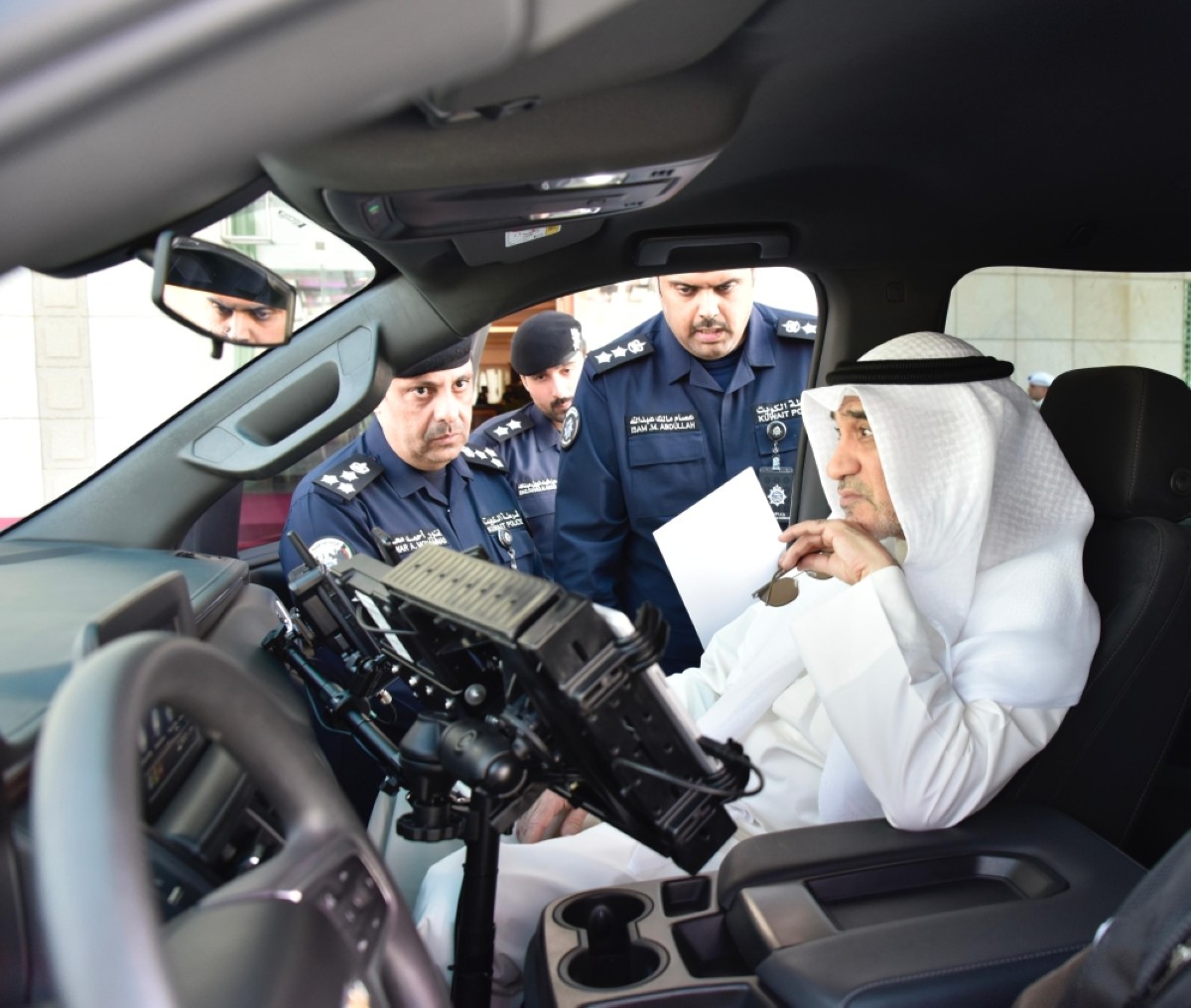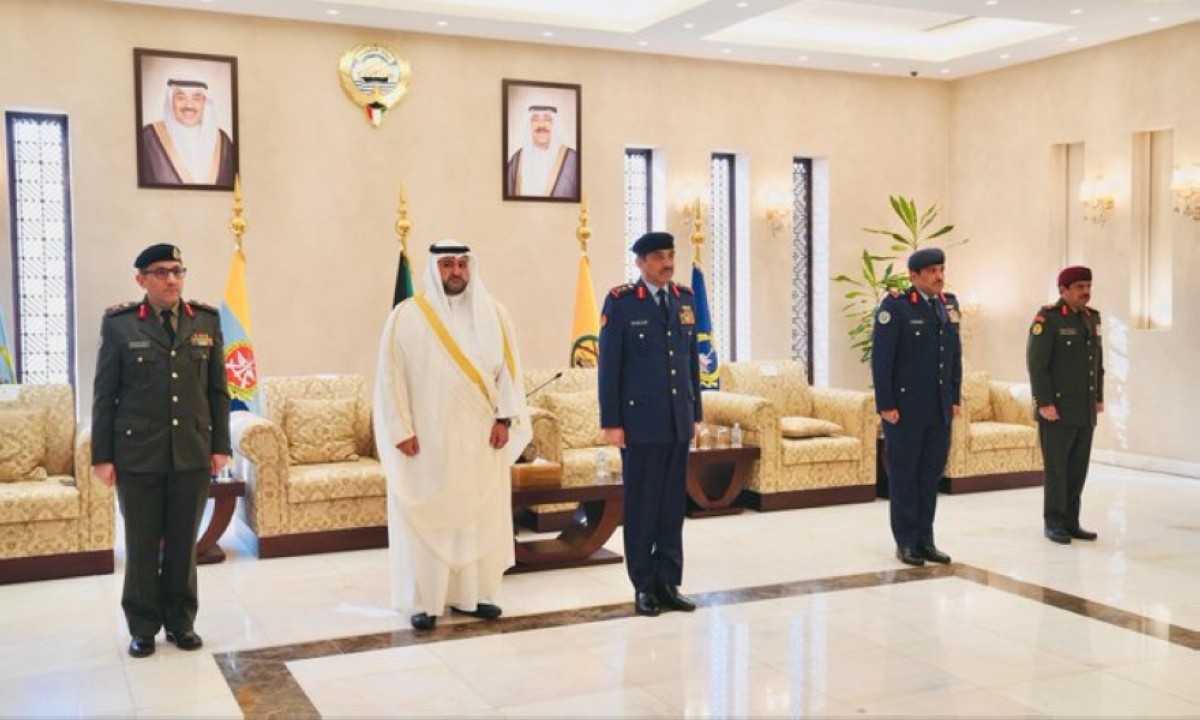Latest News
CAN launches 2025 Summer Haido-CAN Olympics
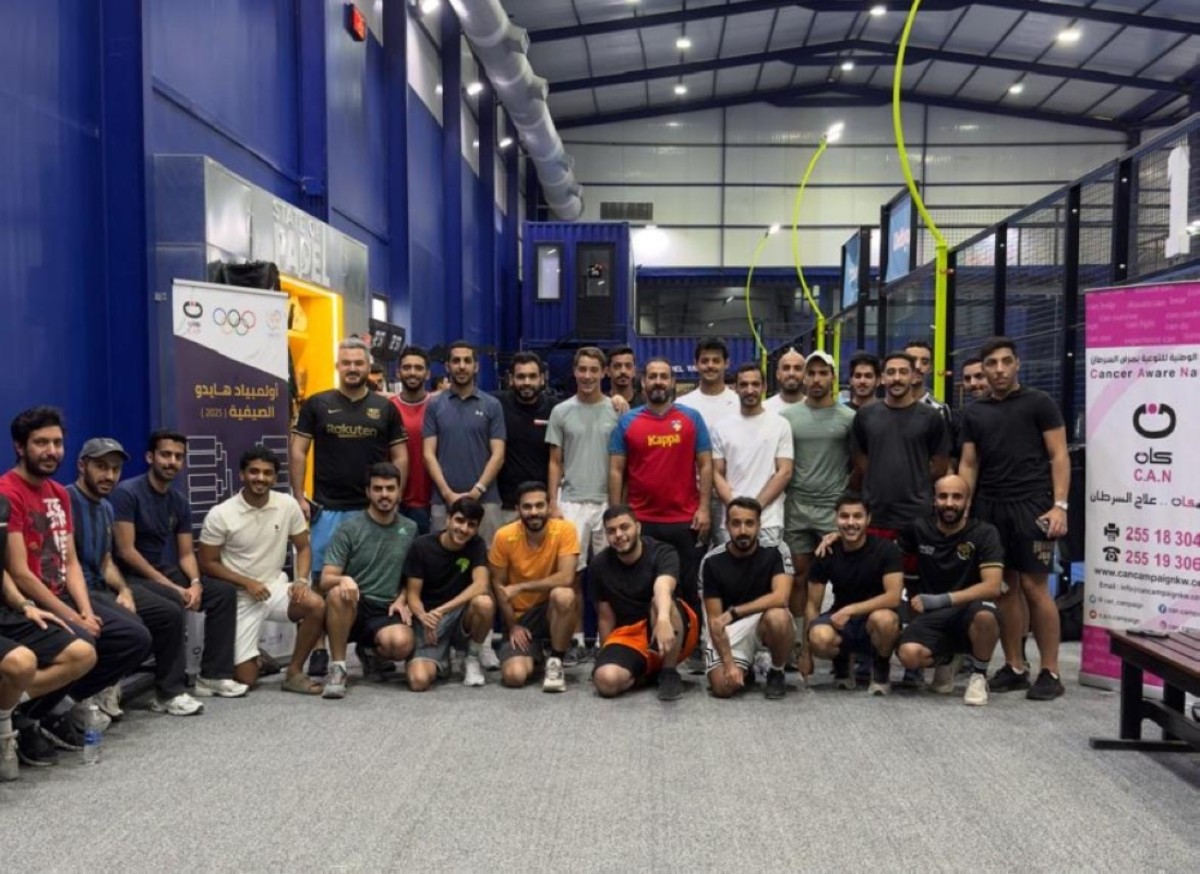
Latest News
MoI reviews smart security patrol
Latest News
Ministry launches electronic system to enhance radiation control at customs
Latest News
Army Chief decorates 35th batch of officers with colonel rank
-

 Politics23 hours ago
Politics23 hours ago61 fire safety violations found in Kuwait’s Mubarakiya Market inspection
-

 Latest News24 hours ago
Latest News24 hours agoNod to conditional foreign ownership of property in Kuwait
-

 Latest News22 hours ago
Latest News22 hours agoToday in Kuwait’s history | Kuwait Times Newspaper
-

 Politics14 hours ago
Politics14 hours agoNo Punishment Without Evidence, Acquits Man In Sorcery Case
-

 Politics13 hours ago
Politics13 hours agoHearing put off in wife murder case
-
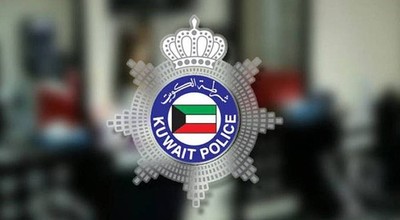
 Politics11 hours ago
Politics11 hours ago61-Year-Old Arab Expat Found Dead Inside Workplace
-
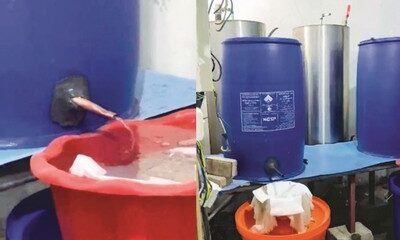
 Politics9 hours ago
Politics9 hours agoSix Asians Arrested in Abdali for Running a Liquor Factory in the Desert
-

 Business14 hours ago
Business14 hours agoCompanies and funds can own real estate in Kuwait under strict controls




